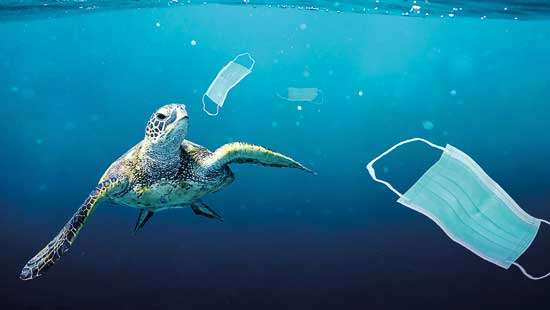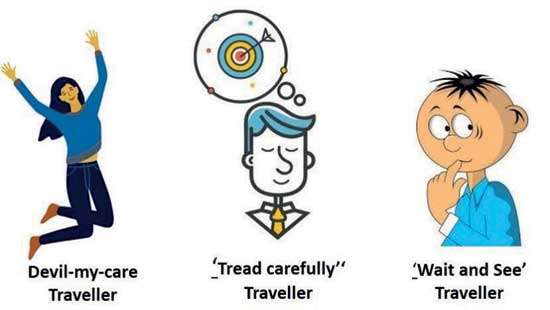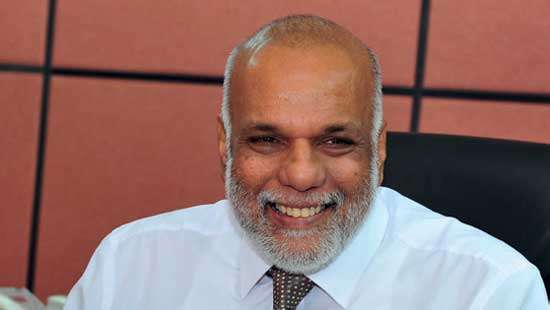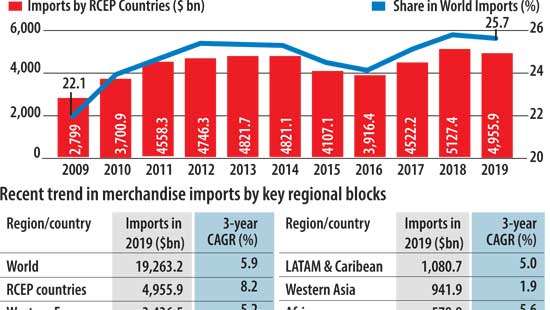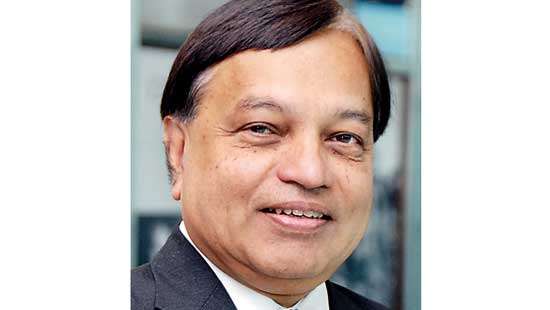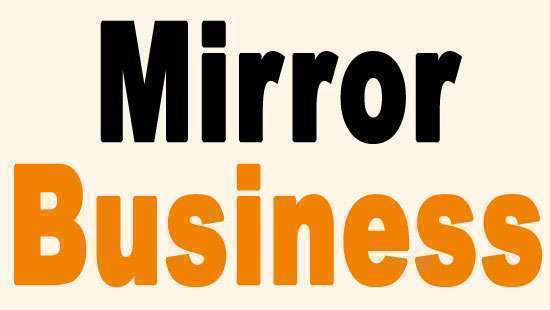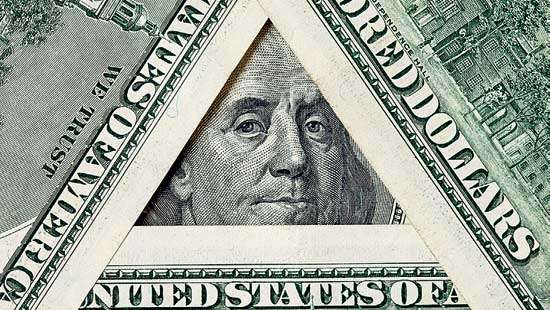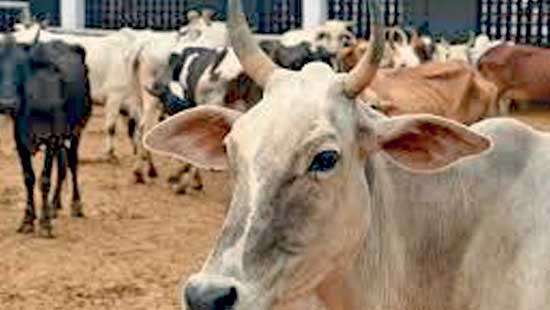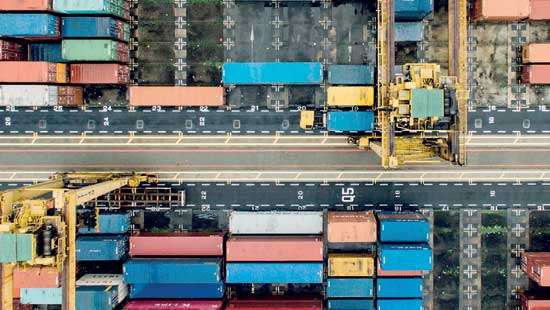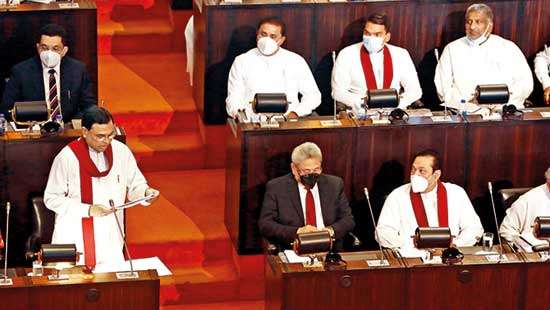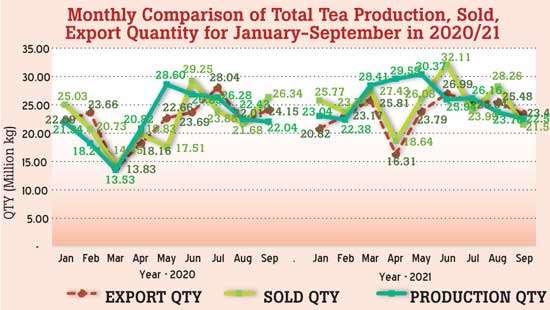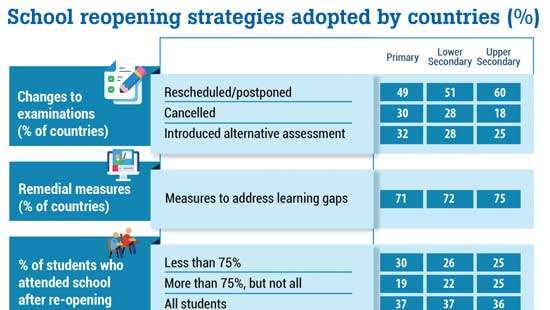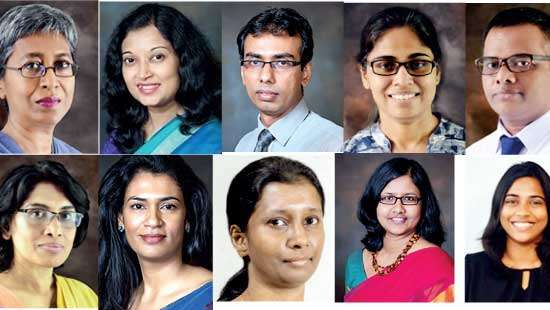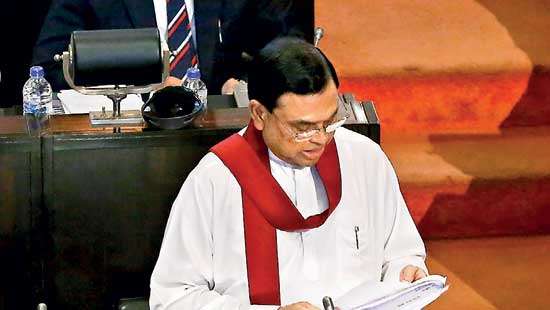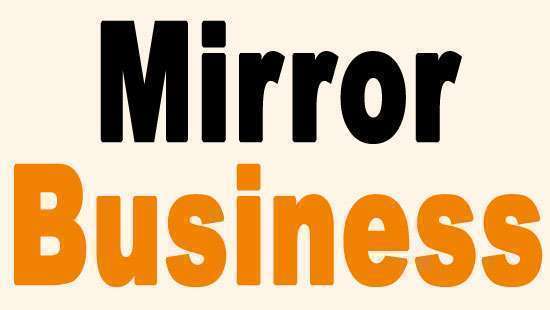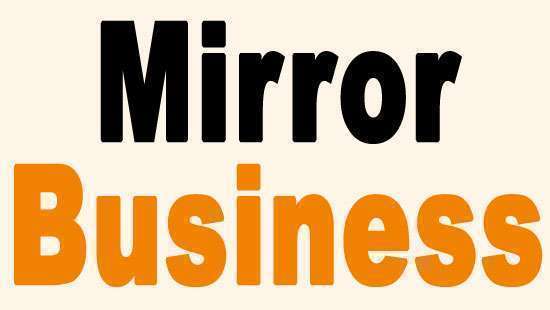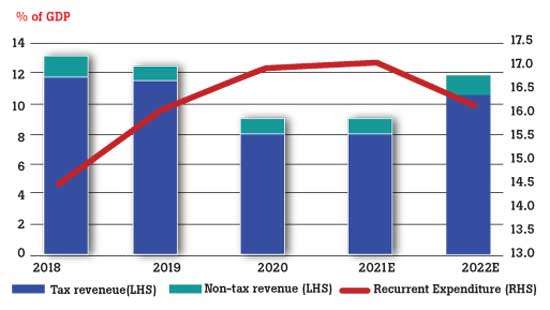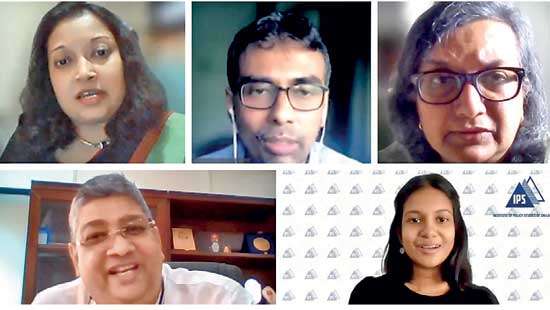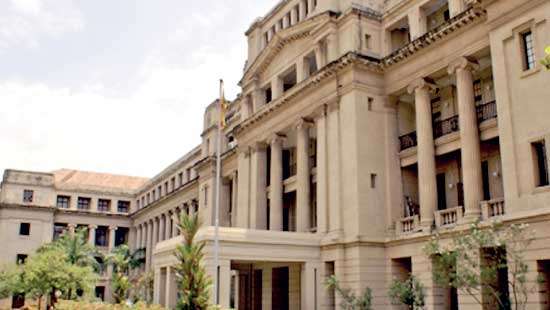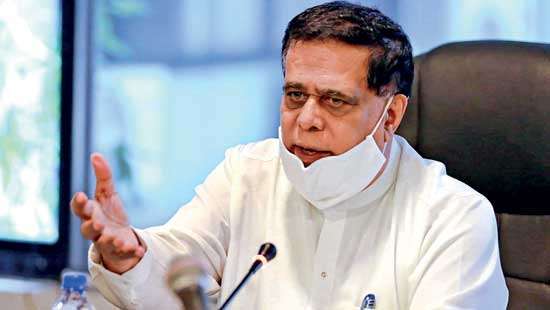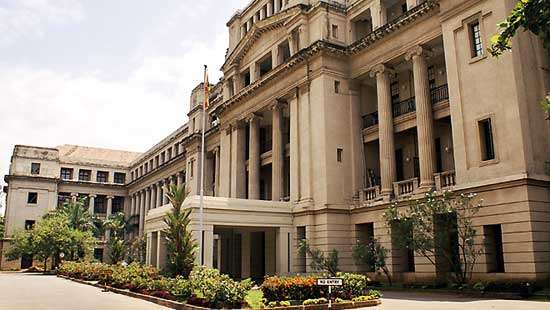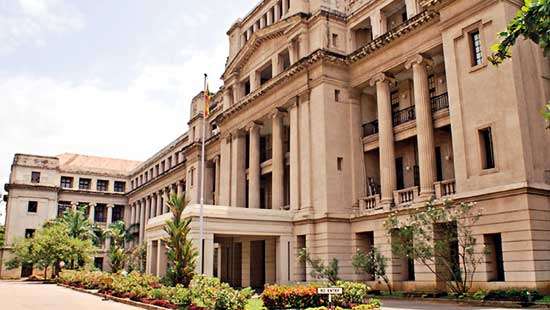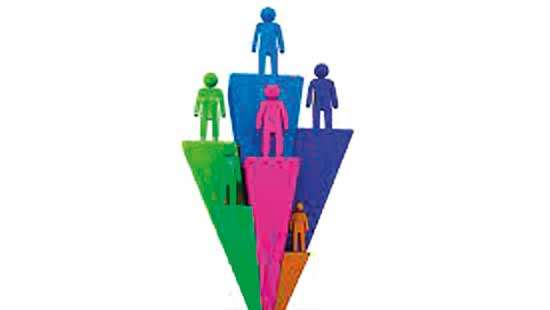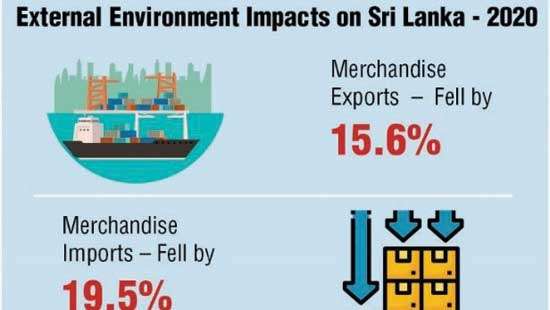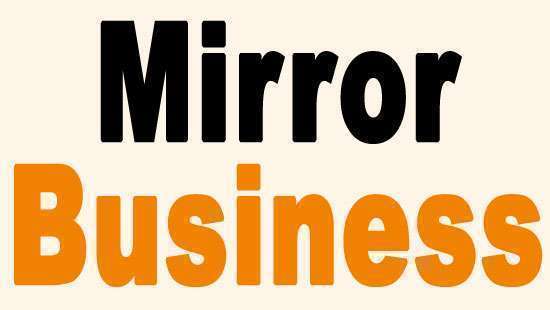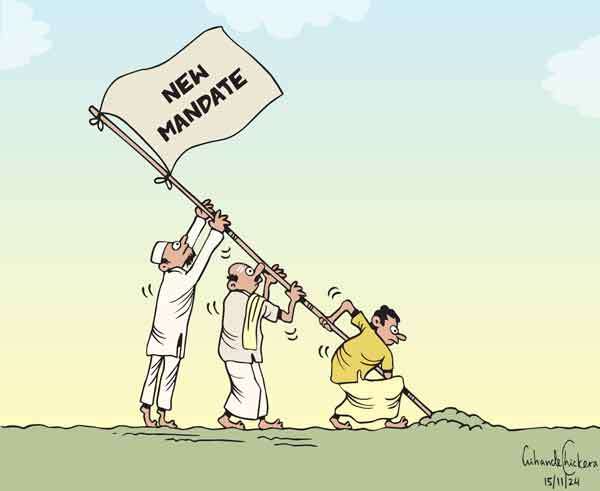Features
Plastic pandemic: Ecological fallout of COVID-19 and policy options for Sri Lanka
08 Dec 2021
 1
1
The lockdowns introduced in 2020 to curb the spread of COVID-19 saw the narrative ‘nature is healing’ gain prominence. However, the notion that nature, in the absence of people, was healing fizzled out fairly quickly with the emergence of fresh environmental challenges, most notably, the resurgence of single-use plastics.
EDB confident of future prospects of export sector
06 Dec 2021
 0
0
As the country’s exports continue to recover from the COVID-19 pandemic, the Sri Lanka Export Development Board (EDB) remains confident of the future prospects of the country’s export sector, with its focus to break into premium markets.
Ponzi schemes in SL: What they are, how they work and knowing how to spot one
29 Nov 2021
 0
0
Carlo Charles Ponzi was an Italian immigrant whose stay in the United States is memorialised in relation to his swindling of US $ 20 million from investors in the 1920s. The amount would be equivalent to cool US $ 258 million in today’s terms and stands to reason why a specific type of financial fraud is now known as ‘Ponzi schemes’, with reference to Charles.
Seven Business Lessons to learn from Yohani
25 Nov 2021
 0
0
Yohani Diloka de Silva created history with multiple achievements. No Sri Lankan has a YouTube video clip, music or otherwise, that has crossed even 20 million likes. (By the time of writing Yohani’s “Menike Mage Hithe” has reached 183 million plus likes) No Sri Lankan has ever grabbed the attention of the Indian subcontinent as she did.
Cattle slaughter ban: It’s not intentions but consequences that matter
24 Nov 2021
 0
0
The Cabinet of Ministers approved the bill to amend laws to ban cattle slaughter in the third week of October. While this is a contentious policy measure, it did not come as a surprise as the Prime Minister proposed the same policy just over a year ago in September of 2020.
Sri Lanka’s digital economy has reached 4.37% of GDP: Policy paper
16 Nov 2021
 0
0
The Information and Communication Technology Agency (ICTA) of Sri Lanka in collaboration with UNCTAD (United Nations Conference on Trade and Development) launched a Policy Paper on the Digital Economy of Sri Lanka at a virtual event held recently.
CA Sri Lanka’s annual budget seminar today
15 Nov 2021
 0
0
The highly awaited annual budget seminar, organised by the Institute of Chartered Accountants of Sri Lanka (CA Sri Lanka), will be held today featuring top government officials and business leaders, who will share their insights and observations on the government’s budget for next year.
Equity in recovery: Addressing Sri Lanka’s social protection and food security needs
12 Nov 2021
 0
0
Sri Lanka’s social protection and food insecurity amidst COVID-19 came into focus at the third and final session of a webinar series held recently to mark the release of the ‘Sri Lanka: State of Economy 2021’ report, the annual flagship publication of the Institute of Policy Studies of Sri Lanka (IPS).
Budget 2022 requires bold and considered measures with medium-term view
12 Nov 2021
 0
0
The government promises a non-traditional budget this weekend, as the nation awaits the details of a fiscal policy programme it hopes will spell the way out of the current economic crisis. Alongside impetus to drive production, entrepreneurship and investments, the government must give serious consideration to laying a foundation for revenue growth, which is critical to map sustainable long-term solution for the country’s economic woes.
A framework for economic recovery
05 Nov 2021
 0
0
For much of its post-independence period Sri Lanka has been characterised by twin deficits: fiscal deficits and deficits in the external current account. What this implies is the country spends more than it earns and consumes more than it produces.
Climate change summit in Glasgow – Do more and do it faster
05 Nov 2021
 0
0
As we all know, climate change (CC) is fuelling heat waves, flooding, drought, cyclones, etc. and these extreme weather patterns are costing globally US $ 320 billion a year. The main issue confronting the agriculture productivity is stemming from the fact that we have not been able to adopt mitigating strategies to arrest the adverse effects of CC.
Shake off the shock to the system, rethink SME ecosystem
29 Oct 2021
 0
0
In Sri Lanka, small business is a very big deal. The numbers tell the story. The Census and Statistics Department, in its decennial Economic Census of 2013/14, found that over 99 percent of all business establishments are micro, small and medium enterprises (MSMEs).

Fonterra to proceed with sale process for Consumer businesses
29 Oct 2021
 0
0

BOI signs US$ 12.16mn deal with Celogen Lanka
29 Oct 2021
 0
0

Nissan to lay off thousands of workers as sales drop
29 Oct 2021
 0
0

EU Ambassador meets new BOI Chief to discuss economic ties
29 Oct 2021
 0
0

SLCERT warns WhatsApp users against sharing OTPs to prevent hacking
29 Oct 2021
 0
0

NPP heading for clear parliamentary majority
29 Oct 2021
 0
0


